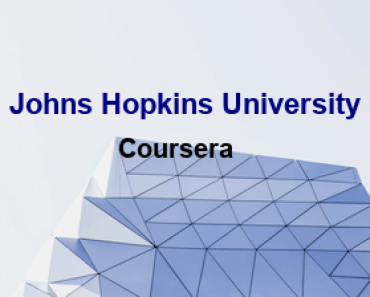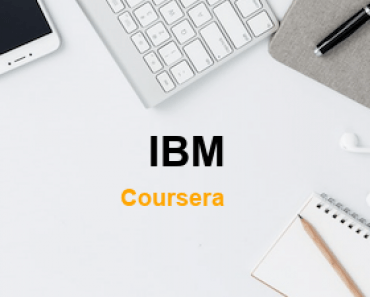-
Developing AI Applications on Azure
Description This course introduces the concepts of Artificial Intelligence and Machine learning. We’ll discuss machine learning types and tasks, and machine learning algorithms. You’ll explore Python as a popular programming language for machine learning solutions, including using some scientific ecosystem packages which will help you implement machine learning. Next, this course introduces the machine learning…
-
Algorithms for DNA Sequencing
Description We will learn computational methods — algorithms and data structures — for analyzing DNA sequencing data. We will learn a little about DNA, genomics, and how DNA sequencing is used. We will use Python to implement key algorithms and data structures and to analyze real genomes and DNA sequencing datasets. Price: Enroll For Free!…
-
Mathematics for Machine Learning: Linear Algebra
Description In this course on Linear Algebra we look at what linear algebra is and how it relates to vectors and matrices. Then we look through what vectors and matrices are and how to work with them, including the knotty problem of eigenvalues and eigenvectors, and how to use these to solve problems. Finally we…
-
Mathematics for Machine Learning: PCA
Description This intermediate-level course introduces the mathematical foundations to derive Principal Component Analysis (PCA), a fundamental dimensionality reduction technique. We’ll cover some basic statistics of data sets, such as mean values and variances, we’ll compute distances and angles between vectors using inner products and derive orthogonal projections of data onto lower-dimensional subspaces. Using all these…
-
AI Workflow: Enterprise Model Deployment
Description This is the fifth course in the IBM AI Enterprise Workflow Certification specialization. You are STRONGLY encouraged to complete these courses in order as they are not individual independent courses, but part of a workflow where each course builds on the previous ones. This course introduces you to an area that few data scientists…
-
Fundamentals of Scalable Data Science
Description Apache Spark is the de-facto standard for large scale data processing. This is the first course of a series of courses towards the IBM Advanced Data Science Specialization. We strongly believe that is is crucial for success to start learning a scalable data science platform since memory and CPU constraints are to most limiting…
-
Open Source tools for Data Science
Description What are some of the most popular data science tools, how do you use them, and what are their features? In this course, you’ll learn about Jupyter Notebooks, RStudio IDE, Apache Zeppelin and Data Science Experience. You will learn about what each tool is used for, what programming languages they can execute, their features…
-
Databases and SQL for Data Science
Description Much of the world’s data resides in databases. SQL (or Structured Query Language) is a powerful language which is used for communicating with and extracting data from databases. A working knowledge of databases and SQL is a must if you want to become a data scientist. The purpose of this course is to introduce…
-
Applied Data Science Capstone
Description This capstone project course will give you a taste of what data scientists go through in real life when working with data. You will learn about location data and different location data providers, such as Foursquare. You will learn how to make RESTful API calls to the Foursquare API to retrieve data about venues…
-
AI Workflow: Feature Engineering and Bias Detection
Description This is the third course in the IBM AI Enterprise Workflow Certification specialization. You are STRONGLY encouraged to complete these courses in order as they are not individual independent courses, but part of a workflow where each course builds on the previous ones. Course 3 introduces you to the next stage of the workflow…




